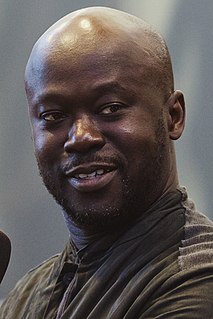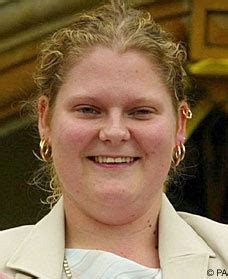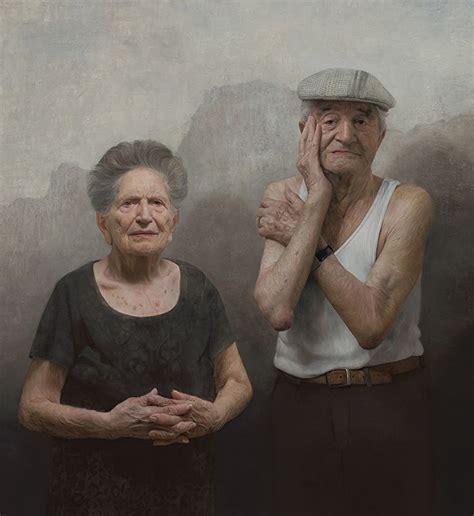A Quote by Parker J. Palmer
As I teach, I project the condition of my soul onto my students, my subject, and our way of being together.
Related Quotes
Teaching, like any truly human activity, emerges from one's inwardness, for better or worse. As I teach I project the condition of my soul onto my students, my subject, and our way of being together. The entanglements I experience in the classroom are often no more or less than the convolutions of my inner life. Viewed from this angle, teaching holds a mirror to the soul. If I am willing to look in that mirror and not run from what I see, I have a chance to gain self-knowledge-and knowing myself is as crucial to good teaching as knowing my students and my subject.
Teaching is a huge part of what I do. I love to think about what I do out loud, and the best way to do this is to teach. I usually learn a lot from the students in my workshops, because we work to build the classes around a collaborative environment where everyone is working towards the same goal of learning how to observe and see the subject well, because everyone brings different approaches and experiences with them, the other students and myself learn new methods that we can add into what we do.
By believing that only some of our students will ever develop a love of books and reading, we ignore those who do not fall into books and reading on their own. We renege on our responsibility to teach students how to become self-actualized readers. We are selling our students short by believing that reading is a talent and that lifelong reading behaviors cannot be taught.
Let's be clear about what Common Core is. It spells out what students should know at the end of each grade. The goal is to ensure that our students are sound in math and literacy and that our schools have some basic consistency nationwide. But the standards do not dictate a national curriculum, and teachers are not told how or what to teach.
We don't save our soul and leave our emotions and our feelings and our body and all the rest of it out. That's just a way of talking that emphasizes the soul is so fundamental that we can, in some cases, treat it as the whole person because it actually is the thing that integrates all of these aspects of the self and makes them work together. Now, I don't think we can find a passage in the Bible that says that. We have to read and study how it addresses the soul, and we then see that it is the deepest, most vital part of the human self.

































